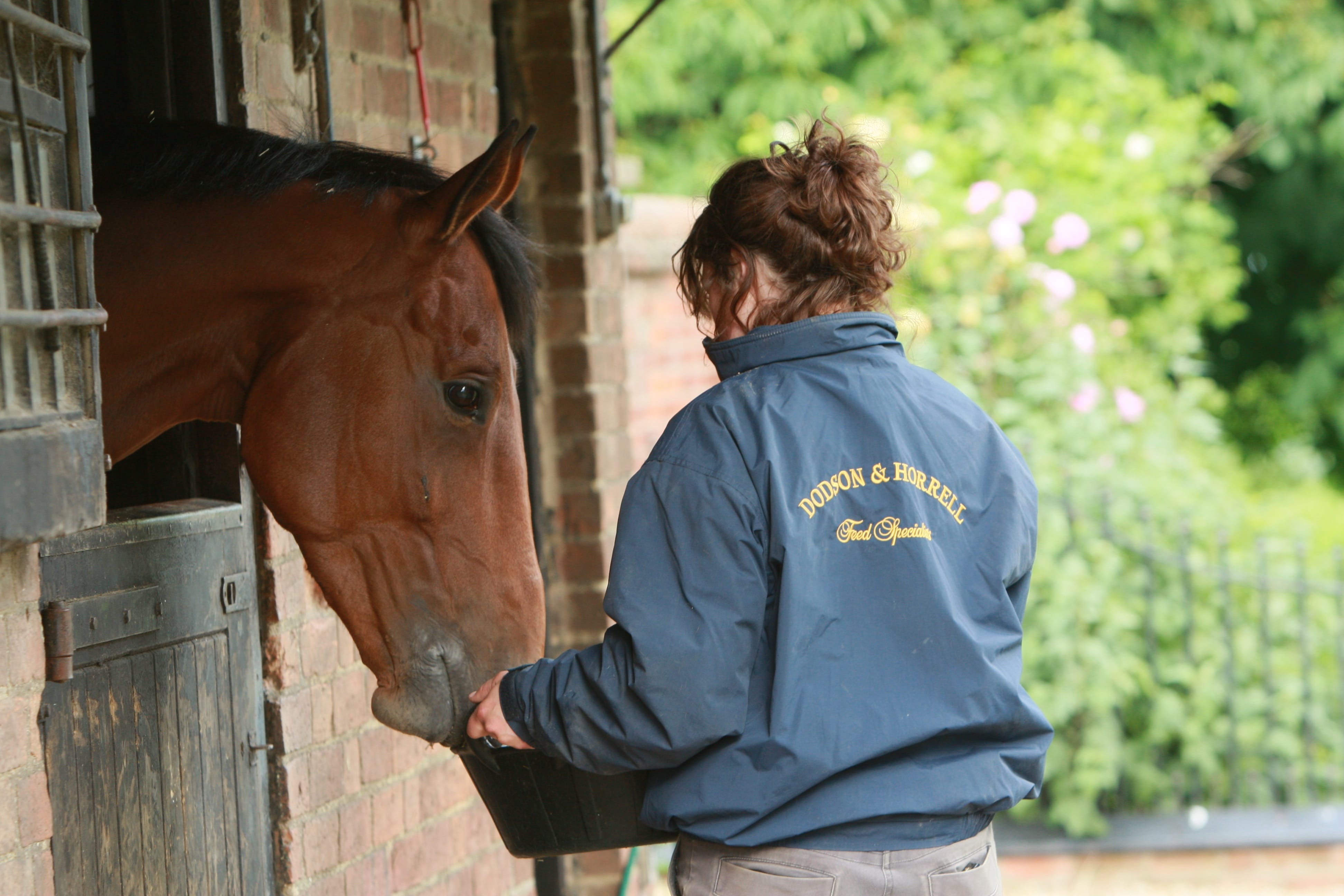New research further confirms dietary management of Equine Metabolic Syndrome (EMS) is effective in improving insulin sensitivity
Source: Morgan, R.A., Keen, J.A., and McGowan, C.M.. (2016). Treatment of equine metabolic syndrome: A clinical case series. Equine Veterinary Journal. 48 (4), 422-425.
Research recently undertaken at the Phillip Leverhulme Equine Hospital (University of Liverpool) and the Royal (Dick) School of Veterinary Studies Hospital (University of Edinburgh) has shown that a strict weight loss and diet management programme resulted in a significant change is base levels of insulin and glucose levels consistent with improvement in insulin sensitivity.
EMS is a complex syndrome defined as obesity, insulin resistance and an increased susceptibility to laminitis. The theory behind this pathway is insulin resistance being the underlying cause, underpinned by genetic disposition and driven by obesity resulting in a laminitic attack.
The main management practices recommended by Dodson & Horrell in the treatment of EMS have long been weight loss by diet and exercise, however the only studies to ever confirm this have been in a controlled setting. This research has shown that it possible in a standard setting at home with owners. More importantly can be sustained as well through strict management.
During the study 19 general use horses and ponies with an average body condition score (BCS) of 4.5 (out of 5) were assessed upon recruitment and again approximately 97 days later. 95% of horses and ponies showed a reduction in body mass and 100% showed a reduction in BCS. Participants were fed a high fibre and low non-structural carbohydrate (NSC) diet consisting of 1% of bodyweight in dry matter of hay that had been soaked for 12-16 hours to reduce overall sugar levels, alongside a balancer to ensure quality protein and micronutrient levels were met. The participants had restricted access to grazing including well grazed, bare and sand paddocks or the use of a grazing muzzle where appropriate. Exercise was defined in the study as increasing the heart rate to 140 beats/min, with even short term exercise (7 days) contributing to an increase in insulin sensitivity. The study also found that the positive effect of exercise ceased when an exercise programme was abandoned and was also not successful alone, it must be done alongside dietary management.
If you think your horse or pony would benefit from a weight loss programme please do call our friendly Nutritional Team on: 01270 782 223.



